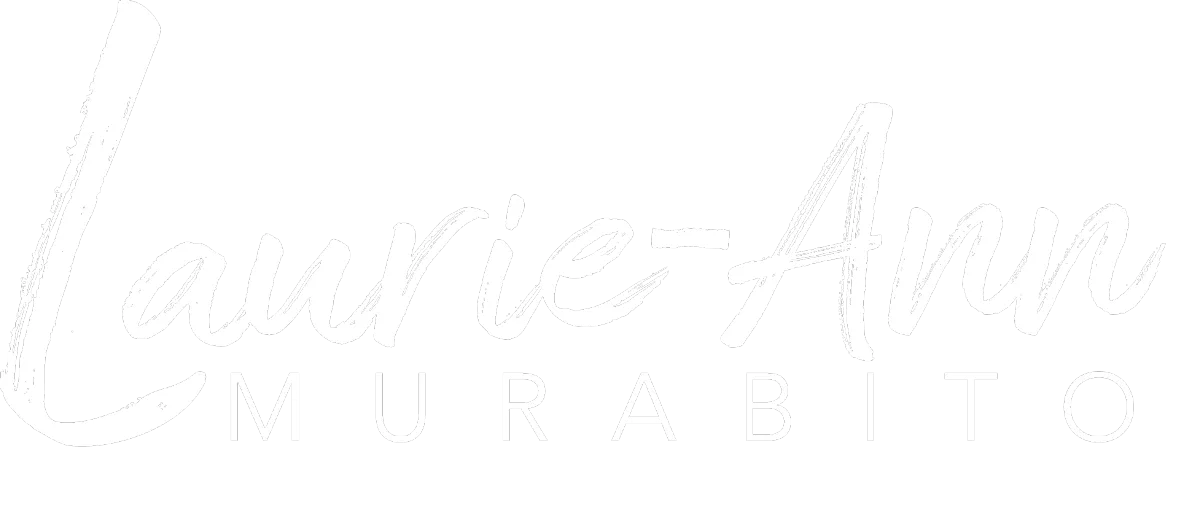Episode Transcription
Monetize Your Stage: 3 Ways to Speak for Profit
How to profit from the stage with and without speaking experience
Laurie-Ann Murabito [00:00:00]:
Not all speaking opportunities are created equal. And if you are wondering how you can get on bigger stages right now, even if you have no speaking experience, or maybe you've been wondering if the no fee selling from the stage model is for you. Well, today I am discussing 3 different types of opportunities for you to monetize a stage. Welcome to be in demand. I'm your host, Laurie-Ann Murabito. If you're a coach, a consultant, or a service provider, you're in the right place because this podcast is all about how to write and deliver amazing presentation that you use as your best form of marketing. I'm a reformed painfully shy girl who accidentally became a professional speaker with over 25 years of speaking experience. I now help coaches and consultants leverage the stage.
Laurie-Ann Murabito [00:00:52]:
Let's get onto the show. The reason for this episode is actually this week, I had 2 podcast interviews. And on both of them, my host, the people's shows that I was going to be on, asked me about, like how much should people be charging for speaking? And I shared with them, there are 3 different models. They are pay to play, get paid to speak, and the no fee pitch from the stage. Those are the 3 most common ones that I see. You can also be a sponsor at an event, which case most events will actually give you some speaking time in front of the audience. But I just want to dive into each of these. I want to tell you a little bit about them, the pros, the cons, and I'm going to give you a list of questions that you can ask the event organizer, the person who is booking you to speak or considering to book you to speak so that you make the very best decision for yourself.
Laurie-Ann Murabito [00:01:52]:
So let's start with the first one, which is pay to play. And I just randomly picked this one because this one can scare people. Now I'm not always a fan of this one. However, if your ideal clients are in the audience, the people who can hire you to speak at other events that actually will put you in front of your ideal clients, then this might be a fabulous model for you. So the pay to play is this is pretty common. It's more common than you probably think. And it's often marketed as an investment in exposure or lead generation. And so what I mean by that is you might be in front of a bunch of meeting planners who are actually booking you.
Laurie-Ann Murabito [00:02:39]:
Now there are a lot of associations that actually have these big events where they show up and it's speaker after speaker after speaker, and they are booking their speakers for the year. Those speakers that are on the stage, they paid to be there. Yeah. They paid to be there, and they give typically a 15 minute presentation. So that's gonna be one of the questions that you're gonna need to ask is how long are you gonna be able to present. So you're really presenting your best stuff. And so why do you have to pay to be on that stage? Well, it basically separates the boys from the men and the women from the girls. And it's the serious people are going to put money on the table and say, I will be there.
Laurie-Ann Murabito [00:03:24]:
They're going to show up. They're going to perform and they're going to get booked. So let's talk about the pros of doing something like this. You are guaranteed stage time. How about that? And this is also a great opportunity for you to take pictures, get some speaking assets. So guaranteed there's a potential for a lot of leads, a lot of exposure, a lot of bookings afterwards. I have some friends who they use this model. They pay to play and they literally will book themselves for the year.
Laurie-Ann Murabito [00:04:00]:
So not a bad $1500 investment. If you ask me. And in this particular case, the one that I'm thinking of, it is a $1500 investment. However, you're going to get booked and you want to make sure that you go prepared just because it's a short presentation, 15 minutes doesn't mean you're giving a TED talk. It means that you are giving some of your best stuff in that 15 minutes. So consider it a commercial for your keynote. Now, another one that I like, and you might not have thought of this as a pro, but this can be your foot in the door. If you are new to speaking, you're like, I do not wanna go do the chamber thing and rotaries and free speaking.
Laurie-Ann Murabito [00:04:47]:
I'm willing to pay, to be on a stage that puts me in front of people who have checkbooks, basically who can hire you to speak at their meetings and organizations and events. So that's another pro that most people don't think of. Now, you also wanna make sure that you have a great presentation, that you feel comfortable on stage, because remember, this is your chance. So what are the cons of doing something like that? Well, there's an upfront cost. Yep. You are going to have to pay to be one of the speakers and there is no guarantee of a return. One other thing that I am noticing and I'm seeing in the industry is summits and some summit hosts are actually charging their speakers. Now this is not across the board.
Laurie-Ann Murabito [00:05:39]:
However, I had a conversation with a woman who is doing this, who is using this kind of a model where she charges her speakers to speak at her summit. And she's doing it for two reasons, because of course I got curious and I asked, she wants to make sure her speakers show up. So if they put money on the table, they're going to show up and they're also going to promote the event. So that's super important also. And what she does is if you bring in this many people, your speaking fee will be refunded. And I've also seen another one where, and this was an experience that I had. I was asked to speak on a summit. I said, yes.
Laurie-Ann Murabito [00:06:21]:
And it came with, I had to have at least a certain number of signups for this event in order for me to secure my speaking slot. So there are lots of creative ways that people are using this pay to play. I didn't pay to speak at this, but if I didn't get my X number of people in the seats to sign up, then I wasn't speaking. I want to give you some questions that you need to ask the person who's firing you. So during that pre event meeting, before you decide whether or not this is for you, here's some questions you might wanna consider. Like what's the total cost. Are there any hidden fees? You you're gonna wanna know that upfront, especially if it's out of town, you're most likely you're going to be paying for your own travel and hotel. Who's in the audience? You want to know what the demographic is of that audience.
Laurie-Ann Murabito [00:07:17]:
Is it your ideal client? Is it somebody who can put you in front of your ideal clients? How many people are going to be there? Ask about last year's success. How many people attended last year? How many speakers did they have? How long do you have to speak? Will you be able to collect information from the attendees, from the audience? What marketing and promotion are you required to do? What marketing and promotion is the event responsible for? How much are they doing? Are they going to give you any swipe files or any copy as well? The amount of time that you're going to be on the stage. And are you going to be speaking by yourself? Are you gonna be part of a panel? Make sure you ask that as well. Are there any restrictions that they have on you promoting during your presentation? That might be key as well. And here's one that I would encourage you to ask. Can they provide any testimonials from past speakers who have presented, who have participated in this sort of an event? And if they have, you wanna look at them and maybe even reach out to those speakers to find out, was it worth your while? Would you do it again? So that is the pay to play, pay to be on someone's stage. Now let's talk about number 2, which is being paid to speak. This is where you are going to receive compensation for your presentation.
Laurie-Ann Murabito [00:08:55]:
And this can be for a keynote, a breakout session, a workshop, half a day program, but this is where you are getting paid to speak. This is your standard model for professional speakers. So a lot of the times when I get asked, what should I be charging for speaking? I asked them, do you want to make speaking your career? Is this where you want to make most of your revenue is from speaking? If the answer is no, then you don't need a speaker fee. You want to be asking events if they have a budget to pay for speakers. And sometimes they do and sometimes they don't. The larger the organization, the bigger their budget, the more likely they are that they are paying speakers and they're used to doing that. Being paid to speak also comes with some wonderful extra benefits like travel and being able to spend that extra time with audience members and also the people who are in charge of organizing the event. I mean, the more time that you can spend with them, the more likely you are to get them to refer you to other events, other meeting planners.
Laurie-Ann Murabito [00:10:07]:
What are some some of the pros of doing something like this? Getting paid. I mean, it's it's very nice to step off the stage and be handed a check. As somebody who has done this for years and got paid very well, my speaking fee was 5 figures. It was really nice. And I enjoyed impacting people from the stage. And that's why I now do what I do, which is helping my clients get paid from speaking, whether that is from the meeting planners, the event organizers, the conference people, or it's from clients. It's from selling programs. It's from filling your programs, just because they saw you speak on stage.
Laurie-Ann Murabito [00:10:51]:
And as somebody who comes from the professional speaking world, I also know that this is the primary income for full time speakers is, is getting paid to be on stage. But maybe that's not where you're at in, at this particular point in your life. So just, just know I still have one more model that I'm gonna be sharing with you. But what are the disadvantages of getting paid to speak? Well, it's it's a very competitive market. There are so many speakers out there. Now I spoke in the leadership and corporate engagement, and that is a red ocean. There are so many speakers in the leadership category. And one of the things that I share with my clients is how are you going to stand out in your industry? Travel.
Laurie-Ann Murabito [00:11:41]:
If you don't like to travel and hopping on airplanes and sleeping in a different hotel each night, then maybe this is not the model for you. So it can be very tiring as well and keep you away from home. Yes, there is a virtual speaking market, and that is very nice. But, today what I'm noticing is that more and more conferences are being in person than ever before. It's because people are just craving that in person experience, which you just can't get from a virtual event. It comes close, but it's not quite the same. So here's some questions that you would want to ask. What is the budget for the event? Now I would ask this anyways, even if getting paid to speak is not your primary source of revenue, but if they're bringing you in and there are organizations that are out there and they know that if they pay for a speaker, they're paying for a professional.
Laurie-Ann Murabito [00:12:39]:
And sometimes it's not very much, but guess what? They have a budget. So I always ask what the budget is for the speakers for the event. I let them tell me because I don't wanna tell them what my speaker fee is. Travel and accommodations, are they included or are they separate? Personally, when I was a professional speaker, I would include my travel into my speaker fee. They would pay for my hotel. This was in my contract. They would pay for my hotel for 2 nights. What are the expectations of the presentation? You know, like how long do you want me to speak for? What's the topic? Is there a certain format? It could be the keynote, workshop, breakout session, 30 minutes TED talk like.
Laurie-Ann Murabito [00:13:27]:
These are things that you want to find out before you say yes. And tell me about the audience. You wanna know how many people are gonna be there. What is the demographics of those people? What's the problem that they are having, which would be the reason why they want to bring you in there. And another one that I love to ask is who have you brought in to speak previously, either for this particular problem or something else? Because I wanna see who else they have hired in the past that will give me an idea of what their budget is. And that comes from being a professional speaker and just knowing lots of speakers and having speaker friends because it's a small world. And the third one is no fee. No fee, but you get to pitch.
Laurie-Ann Murabito [00:14:19]:
Now I do have a philosophy about pitching, and and I'm gonna share that with you. So this particular model, you're not getting paid. However, they are allowing you to either pitch or they say you can't pitch, but don't worry. That's what in demand signature speech is for. And this is why I teach people how to plant little seeds throughout your presentation. So where is this no fee speaking typically found? Well, it's gonna be found in conferences, workshops, anywhere where you have probably multi speakers. You know, they'll allow a soft sell. Now most of them are saying, we don't want you to pitch because they have gotten burned in the past where somebody got up there and it was like a 45 minute infomercial, and they don't wanna hear about it from their members.
Laurie-Ann Murabito [00:15:09]:
Remember, their members are paying their membership and then they go to a meeting and it's an infomercial. They want to get value from their membership dues. So what are the benefits of doing something like this? Well, there's no cost for you. There is time. You're going to be investing time in preparing your presentation, in getting there, however long you're going to be there before, during, and after your presentation. But you are gonna have a beautiful opportunity to showcase, do a dramatic demonstration of your skills, of your expertise to a targeted audience. Now remember everybody who's in your audience raised their hand and said yes. They already said a few little micro yeses to you.
Laurie-Ann Murabito [00:15:57]:
Yes. I wanna hear you speak. Yes. I'm interested in your topic. Yes. I wanna be in this audience. So this makes them already very interested whether they know who you are or not. Your topic, your title, your expertise is what's drawing them in.
Laurie-Ann Murabito [00:16:15]:
Most likely they have the pain that you solve. And one other benefit is there really is the potential for immediate and long term business opportunities. Now I talk a lot about this. It was an event that I did with a recycling company, far west recycling. And I talk a lot about this in episode 130. It's speaking is the gift that keeps on giving. So I highly encourage you to go listen to episode 130, where I talk about how I spoke. And then it was another event and another event and another event, all with the same CEO.
Laurie-Ann Murabito [00:16:52]:
So what are the disadvantages? Well, there's no guarantee on a financial return. You don't know You are investing your time, time and crafting the presentation time and practicing that presentation time and delivering that presentation you're driving to and from, or maybe it's virtual, but it's still a time of investment for you. And you've no guarantee that you're gonna get a financial return. You might also have a limited time of pitching while you're up there. However, again, one of the things that I teach people is how to not sound salesy, but just planting little seeds because I always want with my clients and my students. I want your audience to know like, She's a coach. Oh, he has a mastermind. Oh, she has a keynote on leadership.
Laurie-Ann Murabito [00:17:53]:
Oh, he does a workshop on sales. Your meeting planners are thinking, oh, wow. We could bring them in next spring for those titles. And the other people that are in your audience are thinking, I didn't know that they were a coach. I might wanna be interested in looking into that mastermind or that sales program. It's so much fun. And in order to not sound salesly and to learn how to have that in demand signature speech, check out what my system is like. There's a reason why in demand signature speech is crafted in blocks and how to step off the stage every time to more business, more leads, more clients, more bookings.
Laurie-Ann Murabito [00:18:37]:
And you can learn about that at speakandstandout.comforward/offer-indss, which stands for in demand signature speech. And that link will be down below. And if you're driving, if you're exercising, you're running errands, do yourself a favor and either email this episode to yourself or text it to yourself so that you it will be a friendly reminder to go back and check out the in demand signature speech system along with episode 130 that I mentioned up above. So here are some questions that I want to give you so that you can ask the meeting planner, the conference organizer. So to help you decide if this is a good choice for you, what are the guidelines for promoting your products and services? And when they say that there is no pitching from the stage, I'm gonna be answering this particular question in a couple of weeks. I have an episode that's coming out specifically on this. How much time is your presentation? Do you have access to the attendees? Maybe some sort of a follow-up list. Every once in a while, I have gotten a here's a list of the attendees that were at this meeting so that I could reach back out to them.
Laurie-Ann Murabito [00:19:49]:
Maybe they will give you a booth or a table in exchange for speaking. Remember, I call this no fee speaking. It's never free speaking because there is always an exchange in value. And value can come in many different shapes and forms. It could come in the form of speaking assets, pictures, video testimonials, referrals, being able to offer the audience something at the end, your call to action in exchange for their email address. That's a little bit of reciprocity. And I talked a lot about how to softly sell from the stage last month, during the month of August. Check out the even episodes that were in August.
Laurie-Ann Murabito [00:20:34]:
And then I want you to ask yourself, what is your typical conversion rate? When you're speaking, and let's just say that there are 50 people in the audience, how many people book a call? How many people take you up on your offer? Whether that's a call, whether that's a PDF, whether that's, a coffee chat, whatever it is that you're called to ask, what is your conversion rate? I want you to look at that in either how can I improve that by speaking more, speaking in front of audiences, doing a little bit more of a soft sell? Because what I want you to do is whenever you are speaking for no fee, I want your conversions to be going higher and higher. I would love for half the audience to be opting in. And that depends on if it's a call, if it's purchasing a seat in a program that you have, if it's downloading your PDF, whatever your lead magnet is. But I wanna see your conversion rate going higher and higher every single time you speak. So I have just given you 3 different ways that you can get paid, that you can either pay to be on someone's stage and that's gonna help you get in front of the right people. Then there's also getting paid to speak. And then there's the no fee, but you get to pitch. You get a soft pitch is what I tell my clients to do.
Laurie-Ann Murabito [00:21:59]:
You want it to be a soft sell. You want it to be easy for people to say yes to you. So I hope that you found this helpful. I feel like this is a question that I get asked a great deal and I wanted to make sure that I covered it and keep in mind in the near future, in a few weeks, you're gonna hear about that other episode. What happens when meeting planners say you can't pitch? I will be addressing that in the future. But if you've been thinking about speaking and you're wondering like, how do I break into speaking? What sort of different pathways can I start speaking and what will it do for my business? I wanna encourage you to book a call. That link will be down below. Let's have a conversation.
Laurie-Ann Murabito [00:22:42]:
I wanna ask you questions about your business, your marketing, your visibility, so that I can best share with you, which one of my programs, whether it's a group program or working with me 1 on 1 that would best help you because I have different ways to work together from 1 hour to a couple of hours, to a couple of weeks, to a 6 month program. So till next week, I want you to be in demand.
Resources mentioned:
Learn more about IN Demand Signature Speech
Grab the FREE resource 17 Magic Phrases for More Leads, Clients, and Opportunities
Grab the FREE resource Directory of Places to Speak.
Grab the FREE resource Take the Stage
Follow me on Instagram: @laurieann.murabito
For more about me and what I do, check out my website.
If you’re looking for support to grow your business faster, be positioned as an authority in your industry, and impact the masses, schedule a call to explore if you’d be a good fit for one of my coaching programs.






